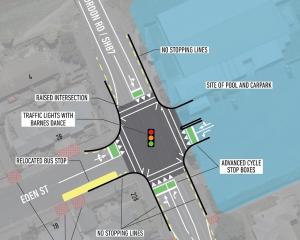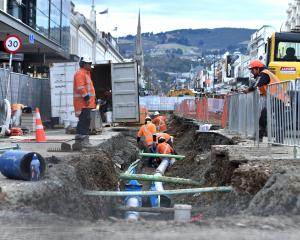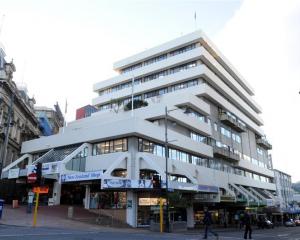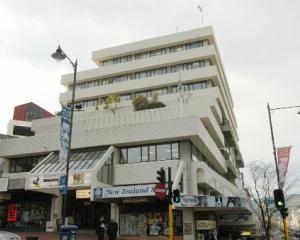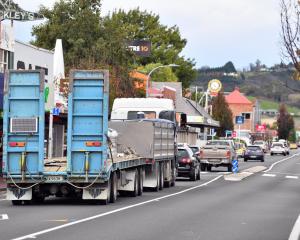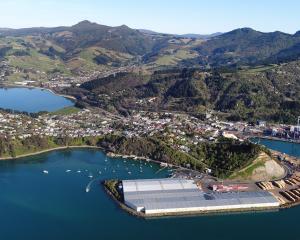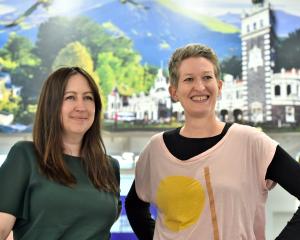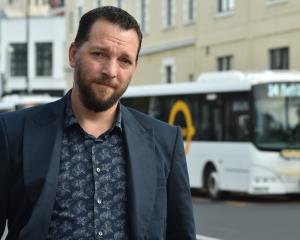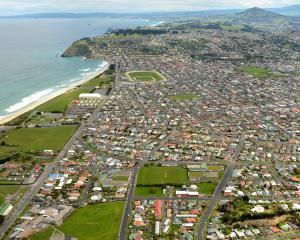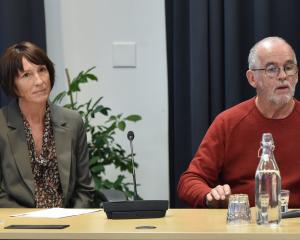
The council went into its annual plan hearings with a draft rise of 7.5%, after a savings drive late last year cut $4 million from the council's budget, lowering what had been a 9.1% rise.
Staff found another $790,000 worth of savings this year, although those savings were offset by some decisions that increased the budget, including bringing forward work on the city's response to climate change.
After a marathon two-and-a-half-day annual plan deliberation meeting, Mayor Dave Cull said the rise was "as good as we could have expected".
Without the increased insurance costs, the final figure would have been closer to 6.7%, he said.
The annual plan hearings this year have brought some major changes, including a final decision on John Wilson Ocean Dr, which will see vehicles locked out of most of the road, saving almost $500,000 set aside for work to upgrade it.
A decision to remove shark nets from city beaches saved another $38,000.
But the Christchurch earthquake this year meant insurance premiums for the city doubled from $1 million to $2 million.
The councillors ended the hearing yesterday clearly pleased with the work they had done, despite the level of the rise.
Cr Richard Thomson told the meeting he had been impressed with the level of public submissions, which had been well considered and left him with a better knowledge of the city than he had when the process started.
Mr Cull said the atmosphere during the hearings was the best he had experienced in his time on the council.
The hearings lacked the sort of angry scenes that have marked previous years, when the stadium and Dunedin Centre issues attracted strong criticism.
"Overwhelmingly, people have displayed goodwill and focus," Mr Cull said.
"The community is showing a lot of heart."
News of the rise in insurance premiums was "salutary", as it showed the effect worldwide issues had on Dunedin.
It showed big events elsewhere would result in a situation where "everyone pays".
Mr Cull said he was particularly impressed with the community leadership shown by some submitters, such as the Transition Valley 473 group, which was doing its own work to prepare the community for climate change and peak oil.
Such groups were not necessarily asking for money, but were keen to work in partnership with the council to get things done.
"The challenge for the council is to engage with those groups."


